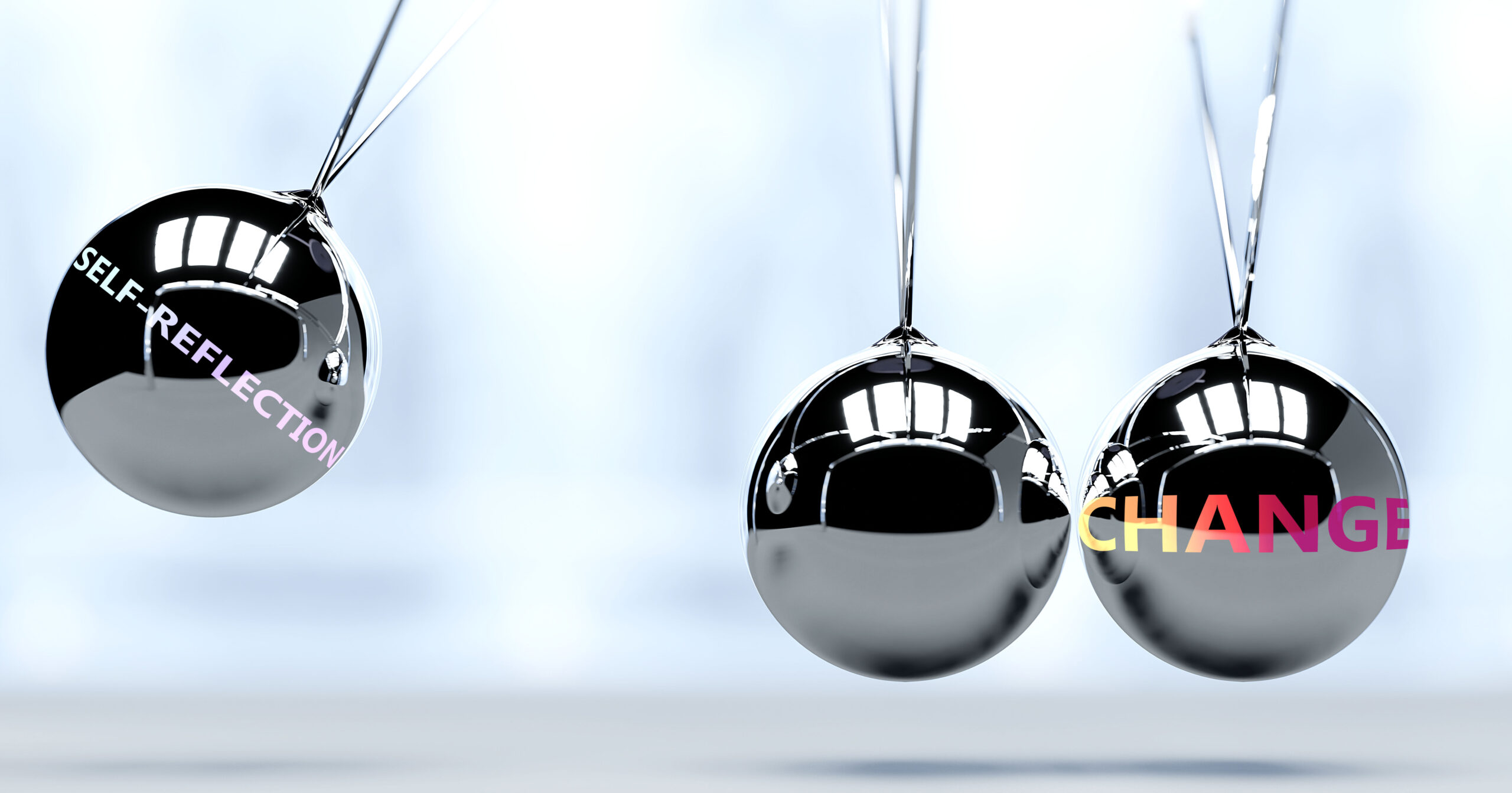You might notice that this results in a state of being constantly “on”. The question is: why could more active passivity increase productivity, work performance and quality of life? How can I easily encourage self-reflection for my teams and myself, create added value and still do something to healthily reduce stress levels? Why is this a sign of strength and not weakness?
Regularly taking a moment for yourself, or booking in some “me time” as we like to say, never mind incorporating a productive session of personal “idleness” into your work life, is still not a widespread practice. Being idle immediately comes with a negative connotation. You will all have heard the saying: “idleness is the root of all evil”. We have begun to see the signs of this attitude in parenting. These days, even young children and youths are given a schedule that hardly leaves any time for boredom. We are hearing more and more about “helicopter parents” that plan their children’s lives.
What does this have to do with organizations? A lot, as you can presume that every organization deals with over-stuffed schedules. We moan, we groan and we gripe, but everyone clings to their jam-packed calendar!

Or take a mid-week walk with your team – whatever the weather. Everyone brings something homemade with them. Spend an hour with your team, slowly walking side by side in silence. No rushing, no talking, no arguing, no pressure or anything at all in that wheelhouse. Can you manage to stay quiet for an hour together? Then things get exciting. Take a break after one or two hours – have lunch together. What’s really important in the team now? You’ll be astounded at what surprising, really important issues there still are for the development of your team and company.
Monotony and even boredom can be an exceptional stress filter for politicians, managers and teams. And the best thing about it is that you can be actively passive.
It doesn’t get any better than that!
Image:
©GoodIdeas
